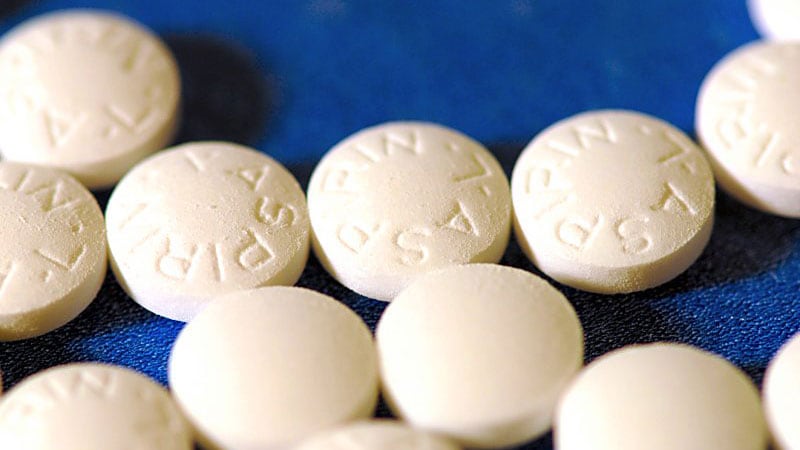The Declining Role of Aspirin in Cardiovascular Disease Prevention and Emerging Alternatives
The article discusses the changing landscape around the use of aspirin for the primary prevention of cardiovascular disease (CVD). It highlights how a series of recent studies (ASCEND, ARRIVE, and ASPREE) have shown a significant decline in the purported benefits of aspirin, while its potential harms, such as increased risk of gastrointestinal and intracranial bleeding, have become more pronounced.
The article explains that the decline in aspirin's effectiveness is attributed to other "primary care interventions" that have helped reduce CVD risk, such as reduced smoking rates, improved diet and physical activity, and better management of hypertension. Additionally, the introduction of new drug classes, like statins for high cholesterol and P2Y12 inhibitors for acute coronary syndrome, have also contributed to the changing landscape.
The article discusses the updated guidelines from the US Preventive Services Task Force (USPSTF), which have downgraded the recommendation for low-dose aspirin use in primary prevention, stating that the decision should be an individual one based on professional judgment and patient preferences. The American College of Cardiology and American Heart Association have also dialed down their previous strong recommendations on low-dose aspirin for primary prevention.
The article highlights that while aspirin may still be beneficial for some high-risk patients, clinicians should focus on other evidence-based interventions, such as smoking cessation, screening for hypertension, and behavioral modifications like weight management and lipid control. The article also emphasizes the importance of considering family history and the potential role of newer drug classes, like P2Y12 inhibitors, in primary prevention, although more research is needed in this area.
Customize Summary
Rewrite with AI
Generate Citations
Translate Source
To Another Language
Generate MindMap
from source content
Visit Source
www.medscape.com
What Happened to Aspirin? And What Replaces It?
Key Insights Distilled From
by Ann Thomas at www.medscape.com 04-24-2024
https://www.medscape.com/viewarticle/saga-aspirin-preventing-heart-disease-2024a10007za
Deeper Inquiries
